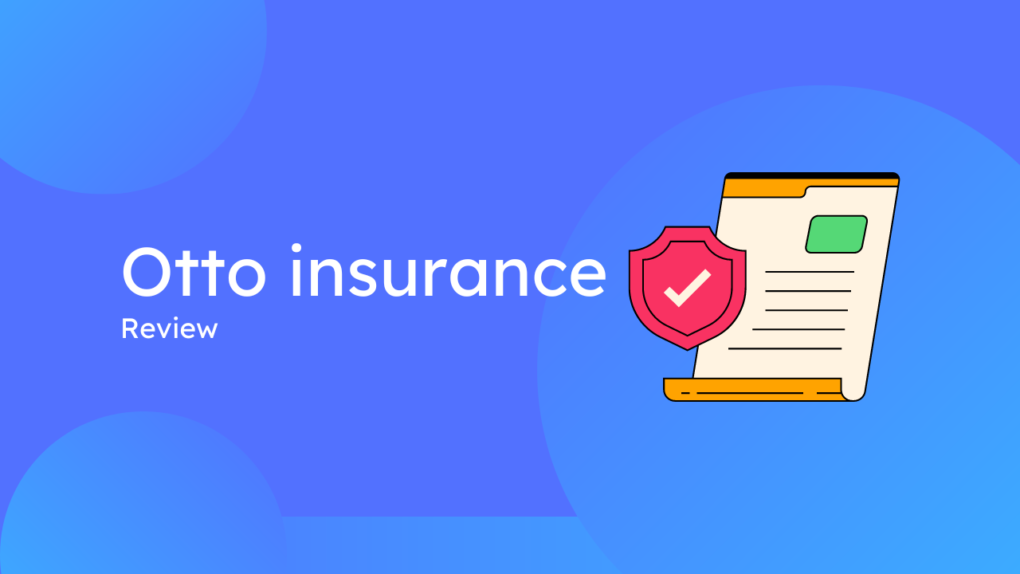The world of business is as exhilarating as it is challenging. Among these challenges, navigating the intricacies of business insurance is a task many entrepreneurs find daunting. But fear not! This article will walk you through what you need to know before signing that dotted line.
Understanding Business Insurance
Definition
In a nutshell, business insurance is a safety net, cushioning your venture against unforeseen calamities that might otherwise cripple it. It’s a contract (or policy) between a business and an insurance company where, for regular premiums, the insurer will compensate for potential losses or damages.
Importance
Imagine sailing a ship without lifeboats. That’s what running a business without insurance is like. Business insurance offers protection against common risks, such as property damage, theft, employee injury, and liability claims.
Types of Business Insurance
There’s a buffet of business insurance types available, each catering to different potential risks. From general liability insurance to workers’ compensation and commercial property insurance, the choice depends on your unique business needs.
Assessing Your Business Risk
Identifying Risks
Before choosing insurance, you need to identify potential risks to your business. Like a detective, you’ll want to examine all angles – from the probability of natural disasters to the risk of theft or customer injury.
Evaluating Risks
After spotting the risks, it’s crucial to evaluate them. This is essentially determining how each risk could impact your business. Could a broken piece of equipment halt production? Would a lawsuit cripple your finances?
Determining Your Coverage Needs
Employee Coverage
Depending on your location and business size, you may be required to have certain types of insurance, like workers’ compensation. It provides wage replacement and medical benefits to employees injured on the job.
Asset Coverage
Protecting your business assets, such as buildings, equipment, and inventory, is crucial. Property insurance can cover damage or loss of these assets.
Income Protection
What if a disaster forces your business to close temporarily? Business interruption insurance can cover loss of income during such periods, keeping your venture afloat.
What to Look For
Research
As with any significant purchase, research is vital. There are many insurers out there, so take your time to understand what each offers.
Comparison
After gathering your options, compare them. Look at aspects like coverage, cost, and terms of service. Don’t be shy about asking questions.
Finding a Trustworthy Provider
Just as you wouldn’t hire a dubious doctor, the same goes for your insurance provider. Look for a reputable company with excellent customer service and prompt claim responses.
Reading and Understanding Your Policy
Policy Terms
Insurance policies often come laden with complex jargon. Make sure you understand the terms used and what each section of the policy means.
Policy Limitations
Every insurance policy has its limitations. Be sure to understand what these are so you’re not caught off guard when filing a claim.
Policy Exclusions
Exclusions are what the policy does not cover. Always review these carefully to ensure you’re getting adequate protection.
Cost of Business Insurance

Factors Affecting Cost
Several factors can impact your insurance premium. These can include your industry, business size, and coverage amounts, among others.
Ways to Reduce Cost
Reducing your risk can lower your insurance cost. This can involve implementing safety measures or bundling different policies with the same insurer.
Common Mistakes to Avoid
Underinsuring
Underinsuring is like buying a raincoat that only covers your head. Make sure your insurance policy covers all the vital areas of your business.
Misunderstanding Policies
Misunderstanding your insurance policy can lead to unexpected losses. It’s crucial to understand all aspects of your policy.
Ignoring Updates
Your business is a living entity that changes over time. Thus, regularly review and update your insurance policies to ensure they continue to meet your needs.
The Benefits
Protection
Business insurance is the bodyguard of your enterprise. It stands ready to protect you from unexpected financial harm.
Trust
Insurance can also enhance your business’s credibility. Customers, suppliers, and partners may trust you more, knowing you’re insured.
Long-Term Survival
In the end, having adequate insurance can contribute significantly to your business’s long-term survival. It’s not just about surviving challenges but also thriving beyond them.
Conclusion
Obtaining business insurance is a significant step in safeguarding your business. By understanding your needs and making informed decisions, you can find the right coverage for your venture. Remember, the goal isn’t just to protect your business but to ensure its long-term success and growth.




